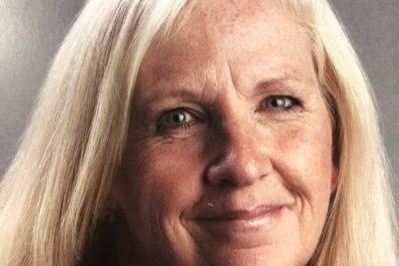DCN responds to Autumn Statement: ‘Every community and every individual will feel poorer’
District councils have little alternative but to scale back universal services which matter to all local residents after the chancellor signalled a real-terms fall in their spending power in the next two years.
Council leaders made their fears clear after Jeremy Hunt delivered his Autumn Statement today.
Before today, district councils had warned they faced a £900m funding gap over the course of 2022-23 and 2023-24. This is the result of rising inflation and pay pressures. Early analysis suggests there is little in the Chancellor’s statement which significantly changes this picture.
The fear is that with record demand for services but budgets falling in real-terms, councils will have to drastically cut many services to balance the books. These could include:
- Support services which help people avoid crisis, for instance homelessness, and avert the need for expensive public sector spending later on
- Work to drive economic growth, create jobs and bring in new community investment
- Universal services which contribute to quality of life and the health and wellbeing of communities, such as parks, waste collection, leisure services and community support.
The announcement that council tax can be raised by 3% will help some councils. But even where councils apply the maximum increase, the extra revenue will be dwarfed by the huge increase in fuel, energy, pay and contract inflation.
The impact of council tax flexibility will vary vastly across the country. Many councils will not be able to use the additional flexibility because they know their communities cannot afford to pay extra in the midst of the cost-of-living crisis.
It is also true that the increase in council tax will raise very different levels of revenue for councils, depending on the historic level of council tax and the nature of local housing. It will have far less impact for councils with lower bills or many homes that fall into council tax bands A and B.
It is welcome that ministers have listened to districts’ concerns about capping social rents. Although it is below inflation, the 7% maximum level set by the government will go some way to protecting investment in new homes and maintaining our existing housing stock for the benefit of our tenants.
District Councils’ Network vice chair and finance spokesperson Baroness Sharon Taylor, leader of Stevenage Borough Council, said:
“District councils face some very difficult decisions as we are buffeted by a perfect storm of rising costs, increasing demand for services but reduced budgets.
“The greater flexibility to raise council tax announced today only helps partially. The real-terms fall in our spending power, the prolonged and ever-steepening rise of inflation and escalating demand for our services mean that our councils’ budget gaps will continue to grow.
“Our councils provide vital and much valued services to 100% of local residents. These services have been regarded by our communities as the fourth emergency service during Covid and the cost-of-living crisis and they have never been more needed.
“The last thing we want to do is scale back our valuable work on prevention and early intervention when they are so essential to our local communities and save money for the NHS by keeping residents healthier and happier. But sadly we may face no other option. We may also be forced to cut our economic development work, regardless of the positive impact it could have on jobs, growth and driving down inequality.
“Every individual and every community will feel poorer as district councils inevitably find they have no option but to cut back on environmental services, waste collection, leisure and parks. These services improve everyone’s quality of life. Reduced services will mean diminished places.
“We urge ministers to work with us to minimise the disruption to vital services and give us some clarity so we can plan ahead to safeguard as many services and support as many residents as possible.”
District services have successfully supported local communities through the pandemic – delivering £9bn of business support grants, for instance. Districts are now on the front line of helping people through the cost-of-living crisis, through tenant/landlord mediation services and advice hubs to help people avoid homelessness. They have also Ukrainians fleeing Putin’s illegal invasion.





